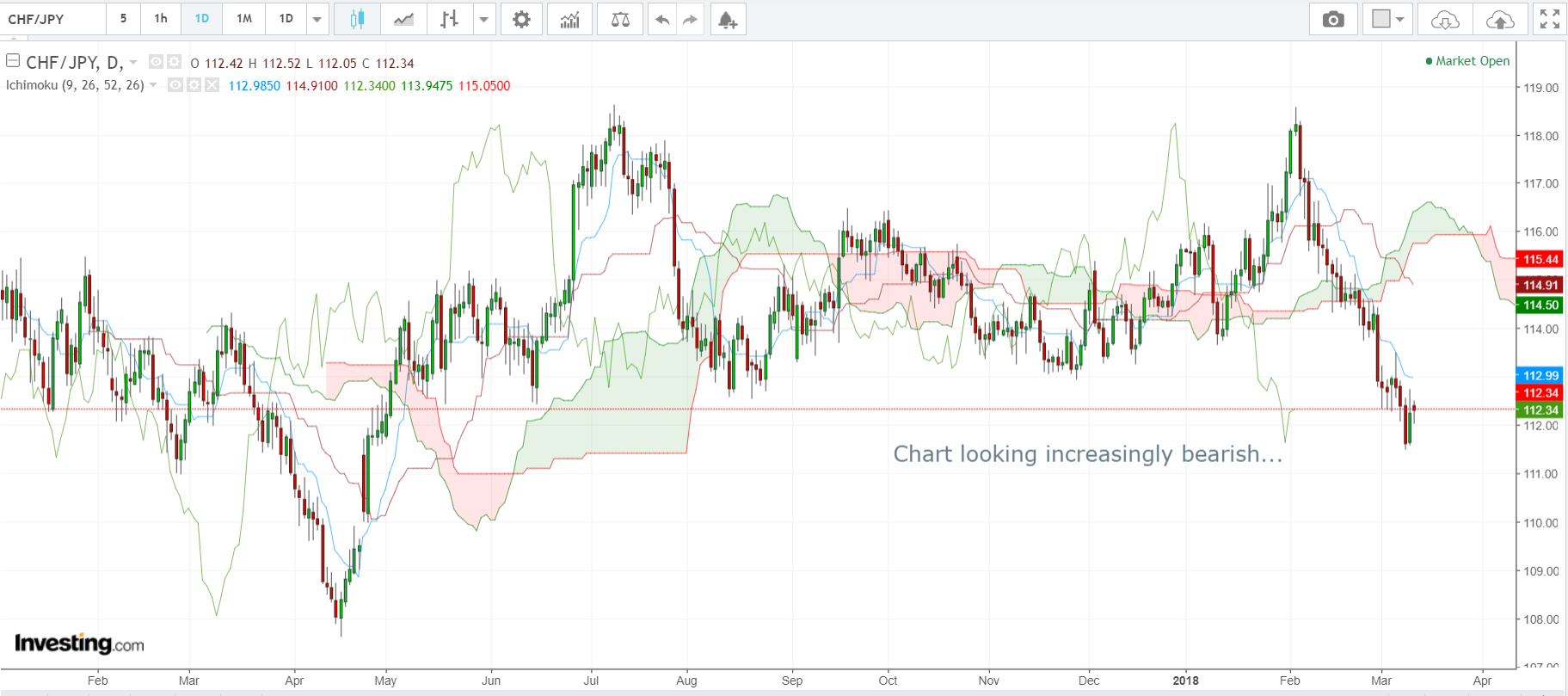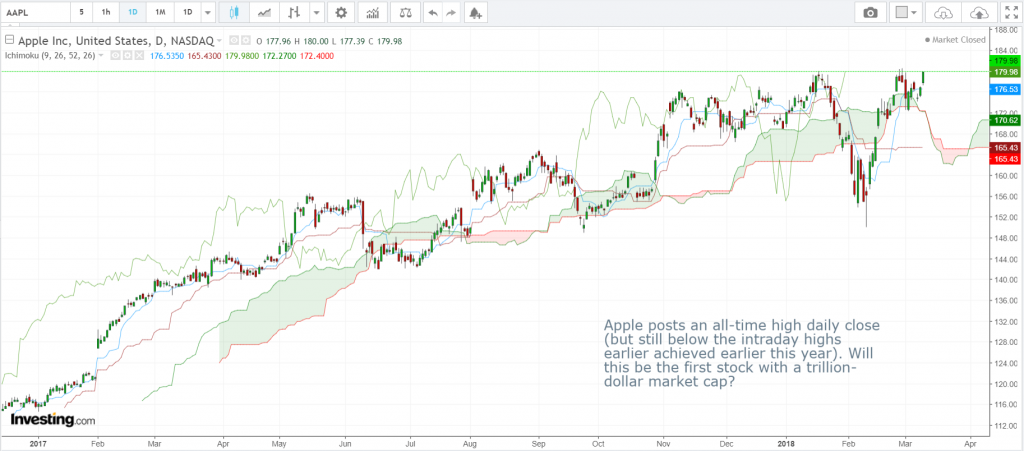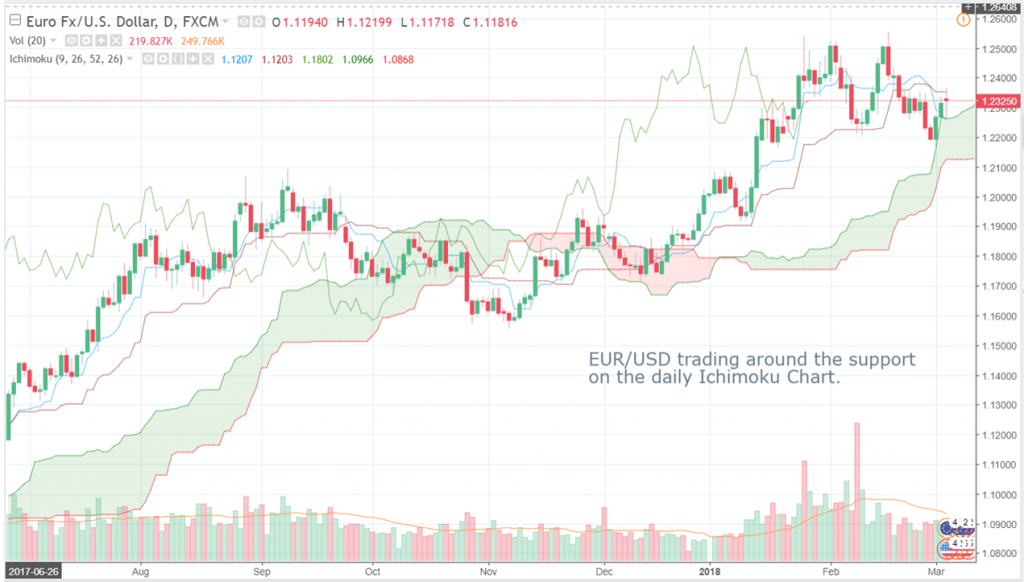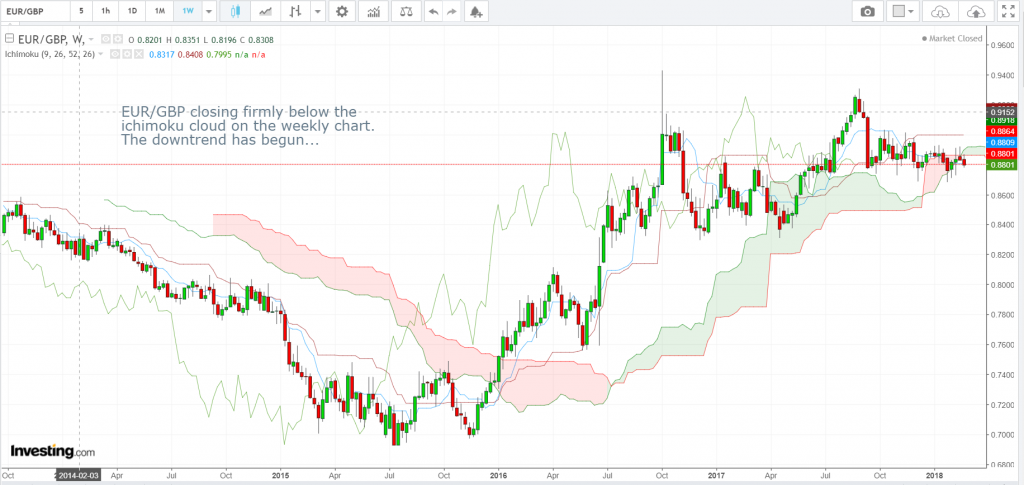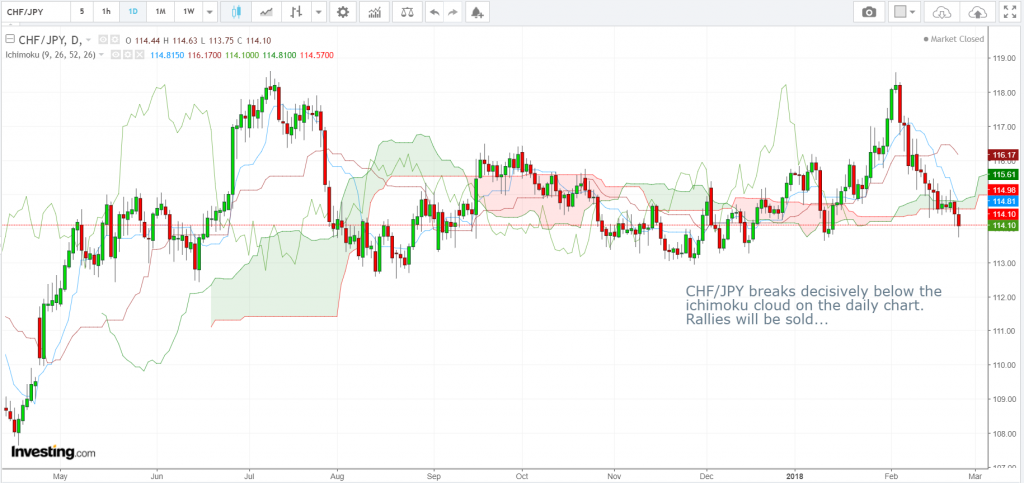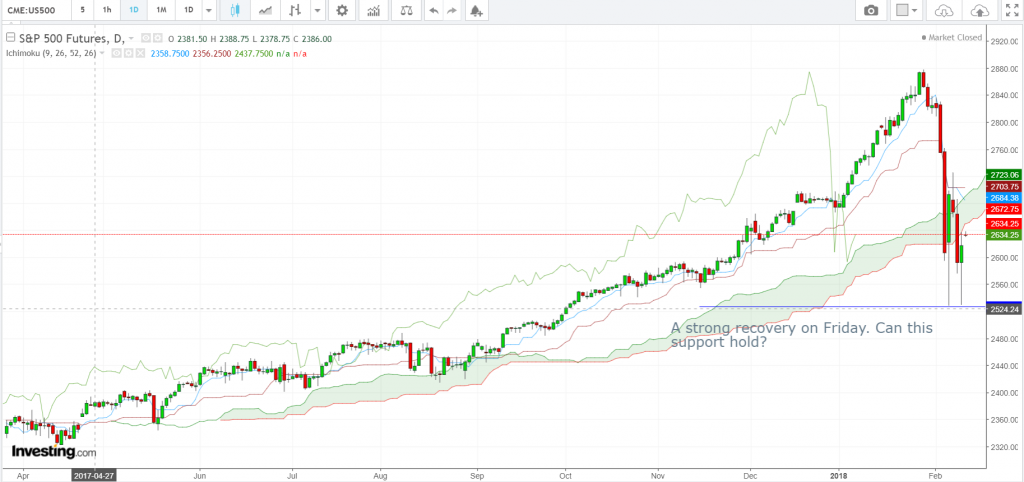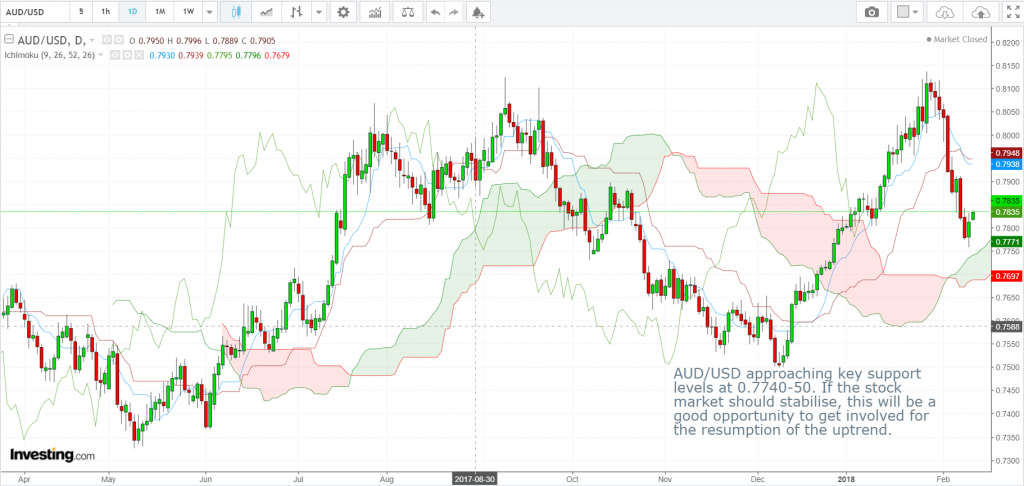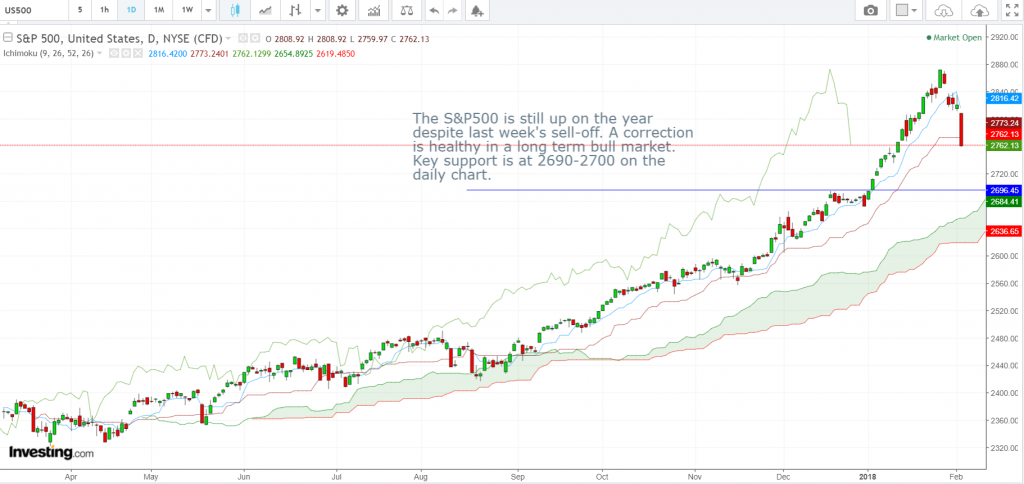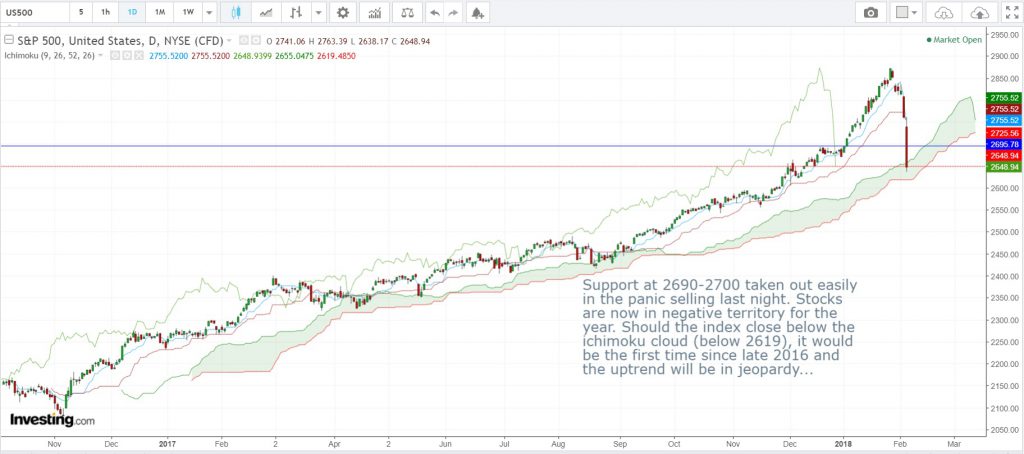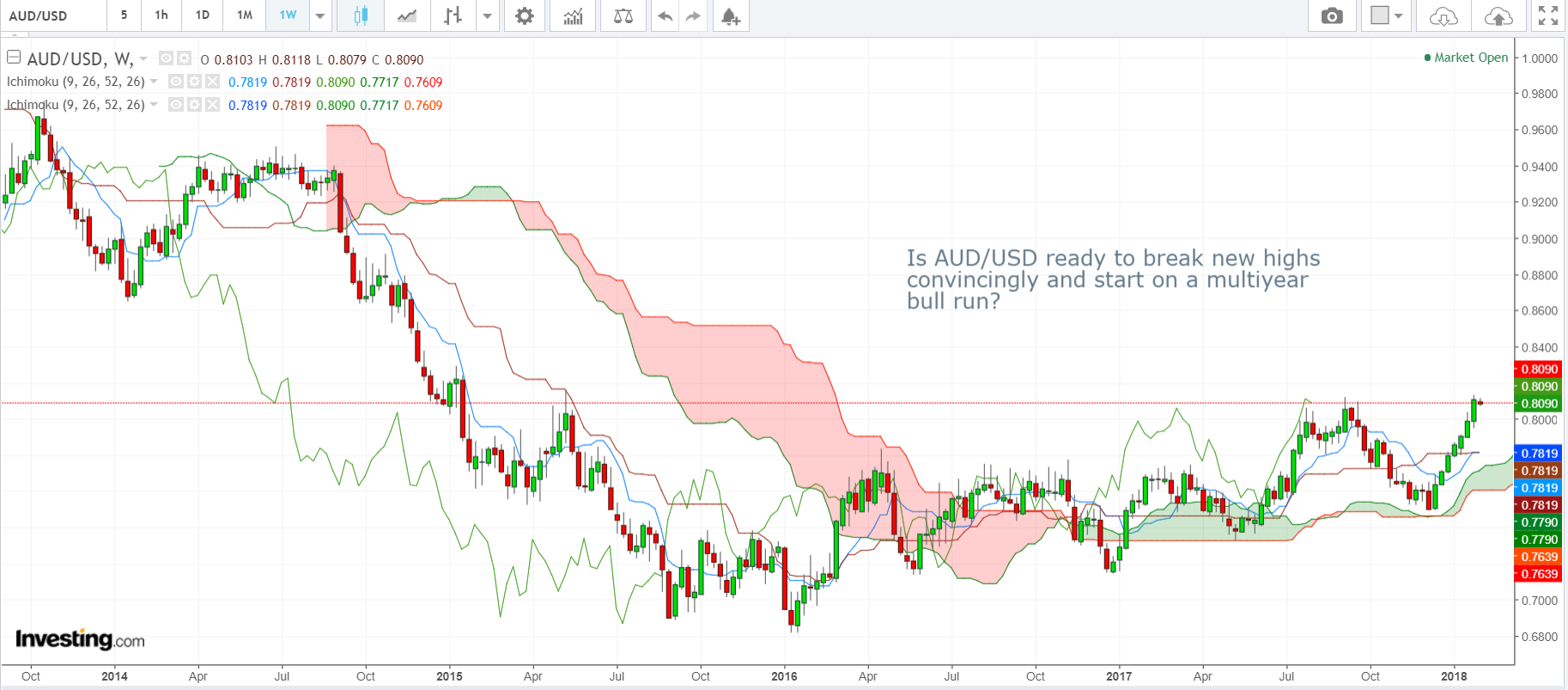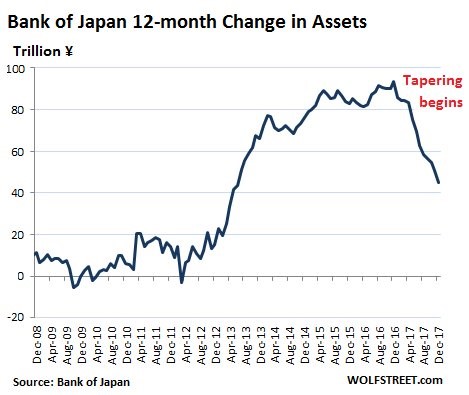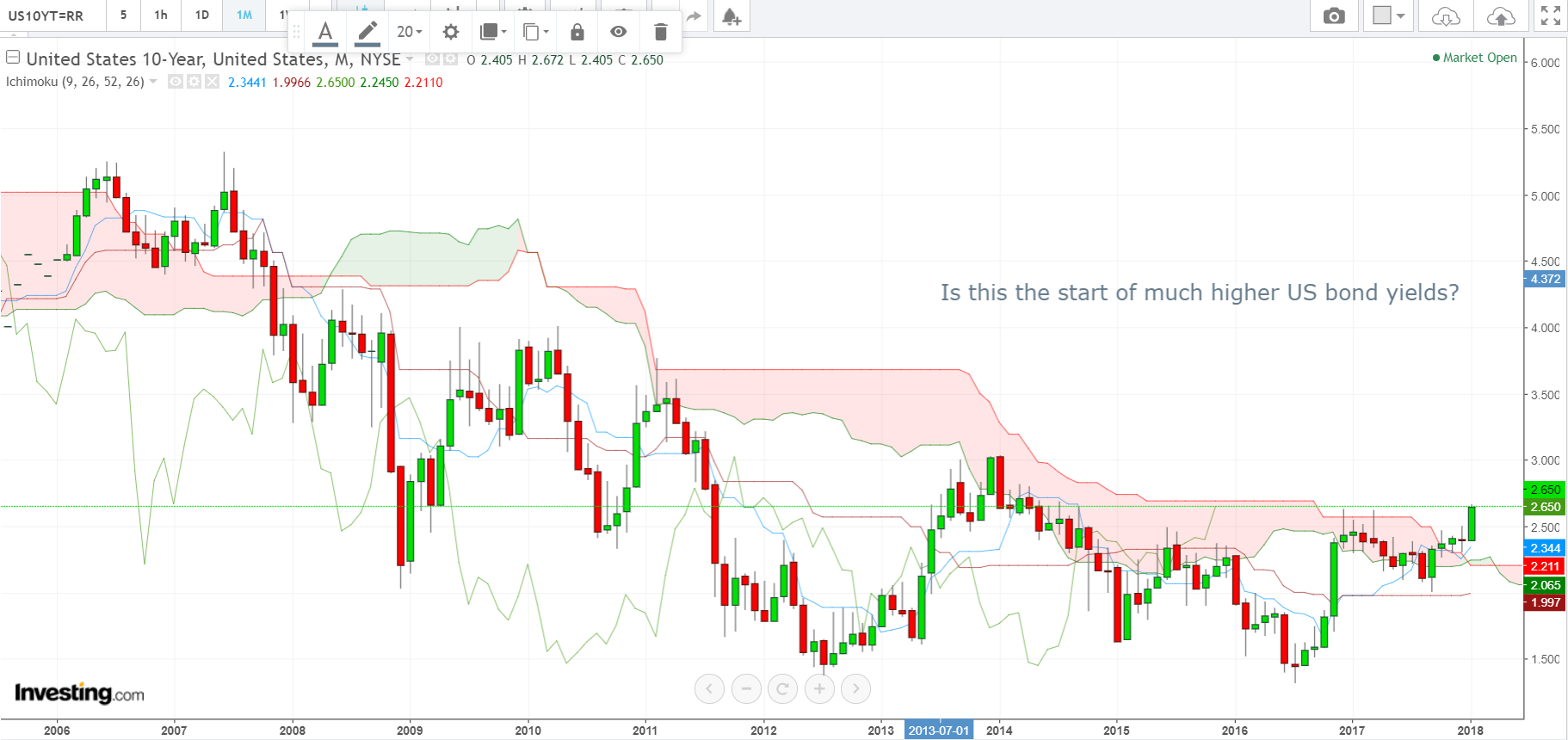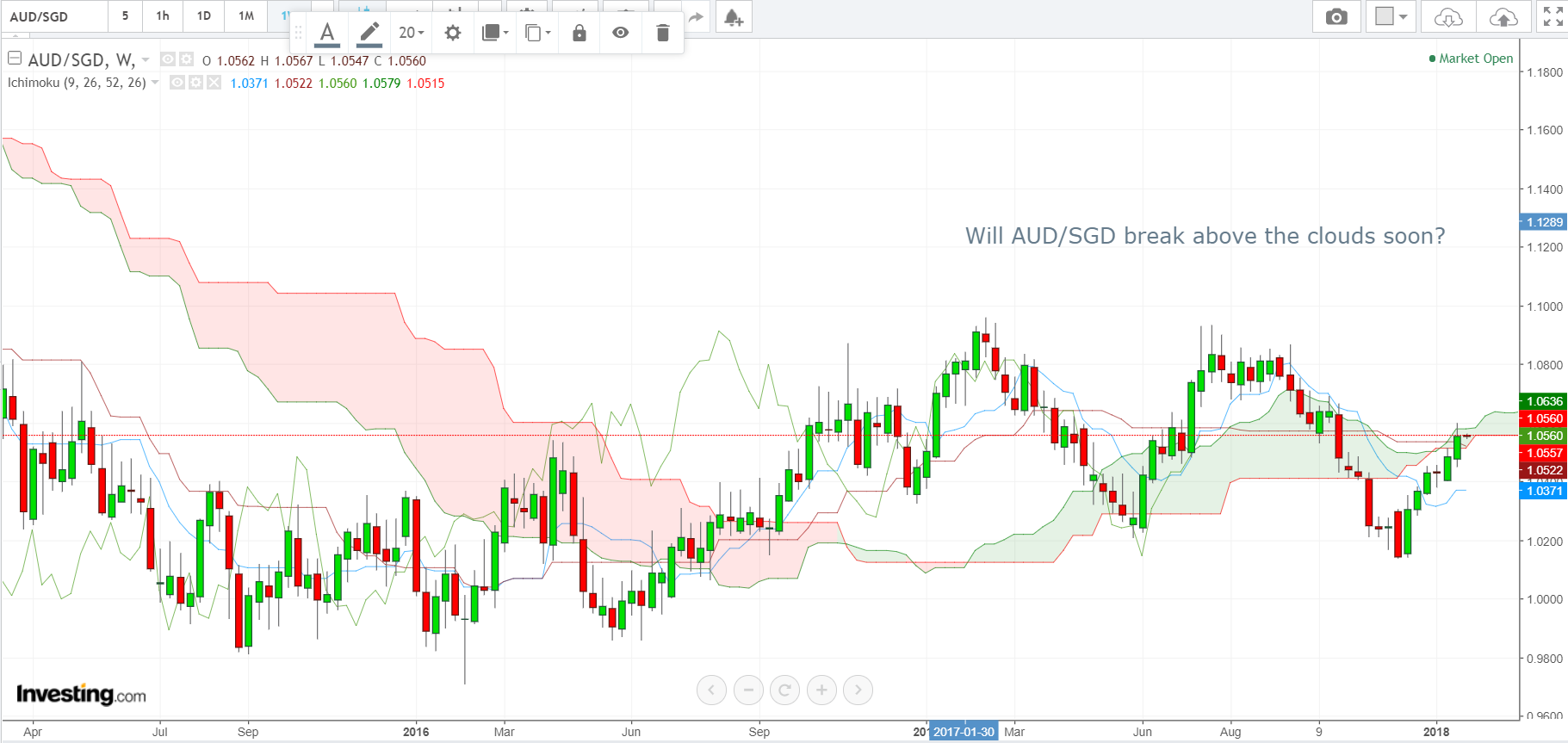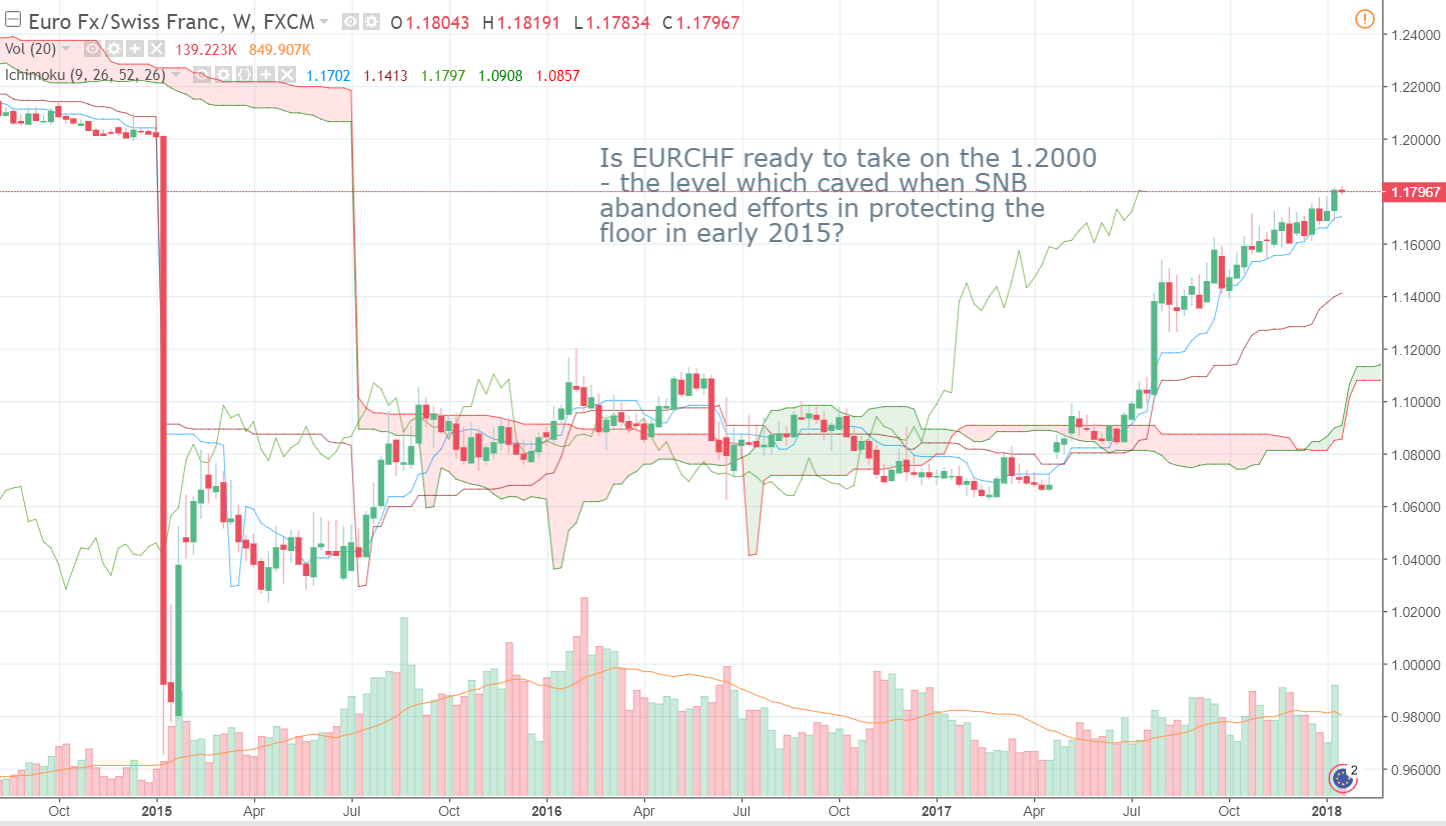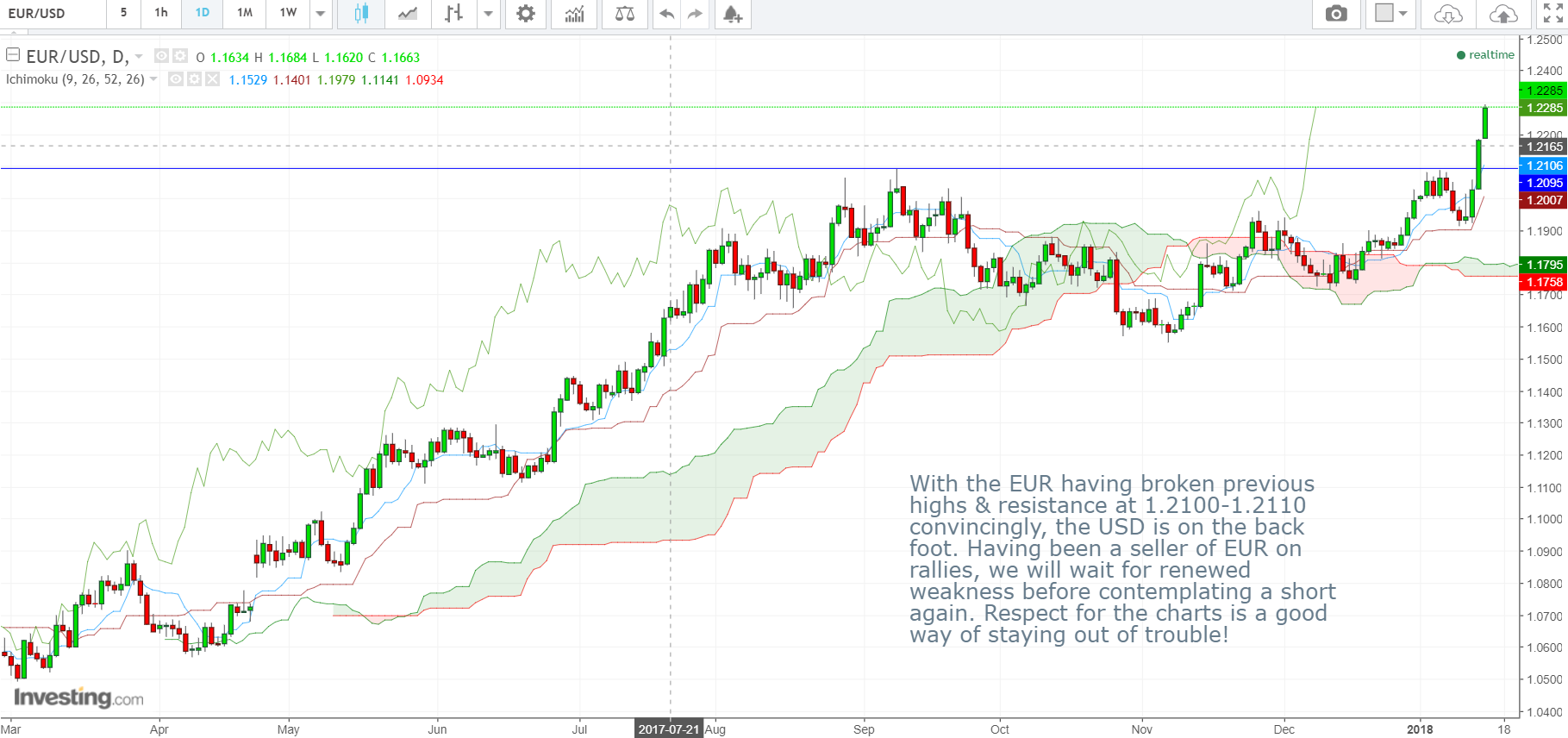Success rarely comes by accident, if at all. Any successful undertaking is a planned undertaking. Traders of all skill levels, especially beginners learning to invest, need to remember that planning is the only way you can make sure that you have everything you need for success, and that conditions are as ideal as possible.
While there will always be factors outside your control, a well-laid plan maximises your chances of achieving the desired outcome. It also makes it easier for you to make adjustments, as necessary, as the plan is put into action, whether you engage in online trading in Singapore or any other form of investment trading.
As the start of a new year is an ideal time for planning, here are some pointers for preparing your trading plan.
- Be honest with yourself. If you are new to trading—someone who has just taken up forex trading for beginners, perhaps—ask yourself whether you have sufficiently mastered the trading skills you need, and have the confidence to trade. Regardless if you are risk averse, or are willing to take chances and accept the consequences, you have to plan to accommodate your risk appetite.
- Know your goals. Set feasible trading objectives for yourself to reach every week, month and by the end of the year. Express these objectives in terms of profit targets and risk/reward ratios either as percentages or dollar-amounts. Your plan should include a schedule for regular assessments of these goals.
- Write your own plan. You have your own individuality as a trader with your own trading style, and only you know what you want to achieve as an investment trader. Following a pre-made plan by someone who doesn’t know you or your preferences lessens the chances of achieving your personal trading goals.
Details in your plan may include:
- Tools
- Concept
- Objective
- Rationale
- Chosen markets
- Time frame
- Monitoring frequency
- Potential problems
- Determine suitable market conditions. Define ideal market situations that would suit your chosen forex trading strategies or trading approach. Know how you’ll identify trends and ranges, as well as where the transition points are. Also decide on the best time of day for you to trade: ideally it should be a period of time during the day when you can be free of interference and interruptions.
- Study the market. Look for indicators that suggest that the market is likely to be on the up and up, or on its way down. You’ll be better able to prepare once you’ve identified potential trends, and be assured of trading based on research and data rather than gut-feel.
- Know when to quit. Include rules in your plan for knowing when to exit, which seasoned traders say is more important than knowing when to enter. Determine your stop loss and your profit target and resolve to stick to them, making sure you don’t go beyond the percentage of your portfolio that you planned to risk.
- Decide when you want to enter. Set conditions that will make it easy for you to trade at a moment’s notice, but make sure they are conditions that aren’t purely subjective, and that there aren’t too many of them. Set too many conditions to be met and you may end up never trading at all.
- Determine your evaluation parameters. Know how you’re going to assess your trading performance before you actually start trading by knowing how many trades you’re going to base your performance on. This can be more effective than assessing after a certain period of time because the number of trades placed within a time frame can vary between traders.
As a plan is only as good as its execution, here are some pointers for carrying out your trading plan in the coming year.
- Stick to the plan. A plan is there precisely to keep you from making knee-jerk reactions to the inevitable changes in the market. But while this plan should be conscientiously followed, you should be able to evaluate its effectiveness after the market closes.
- Clear your mind for every trading day. As you go about executing your plan, ask yourself whether you are mentally and emotionally prepared to make sound trading decisions. Trading while distracted, under pressure or during periods of extreme emotional stress is likely to cause you to make costly mistakes.
- Follow a daily, pre-trading routine. Some traders make it a habit to never place the day’s first trade without performing certain activities such as reviewing their trading plans, determining their support and resistance zones, or checking out major news updates. You should also follow up on orders that have been executed or what took place during overnight sessions.
- Keep an eye on the main markets. As you manage your open trades, make sure you monitor prices and any developments around major markets such as Singapore, Hong Kong, Japan, the US, Europe, the UK and Australia.
- Keep your records straight. Make sure you keep a record of all your trades, both the winners and losers. This way, you can keep track of the why’s and how’s and study them later on, allowing you to re-apply winning strategies and to avoid making the same mistakes.
Details in your records may include:
- Targets
- Entry and exit prices
- Profit or loss
- Position size
- Time of trade and trade duration
- Stop loss and take profit levels
- Reasons for making the trade
- Emotions while making the trade
- Keep a daily journal. On top of taking note of the day’s gains and losses, take a moment at the end of every trading day to record what led to each loss or gain. These notes will be invaluable references when the time comes for you to plan again. For those engaged in fx trading in Singapore, you might also tweak your watchlist of currency pairs, for example, to prepare for the next day’s trades.
Both new and experienced traders stand to benefit from expert guidance when preparing and executing their trading plans. TrackRecord Asia has successfully guided junior and retail traders, hedge fund and investment bank professionals, non-finance professionals and other traders of every skill level, showing them how trading with a structured framework can lead to more profitable and consistent trading.
Leverage the expertise of professional traders who have a proven track record in investment banking and hedge fund management when you prepare your trading plan and get the trading edge you need for the year ahead.
Want to dramatically improve your trading results? TrackRecord regularly runs trading courses and workshops for all levels of traders. Submit your contact details to be informed of our next event!
Sources:
https://www.investopedia.com/articles/trading/04/042104.asp
https://www.thinkmarkets.com/en/learn-to-trade/intermediate/how-to-create-a-trading-plan/
https://pepperstone.com/en/client-resources/how-to-develop-a-trading-plan
https://www.dbs.com.sg/treasures/investments/online-trading/online-equity-trading
https://tradingsim.com/blog/trading-plan/
